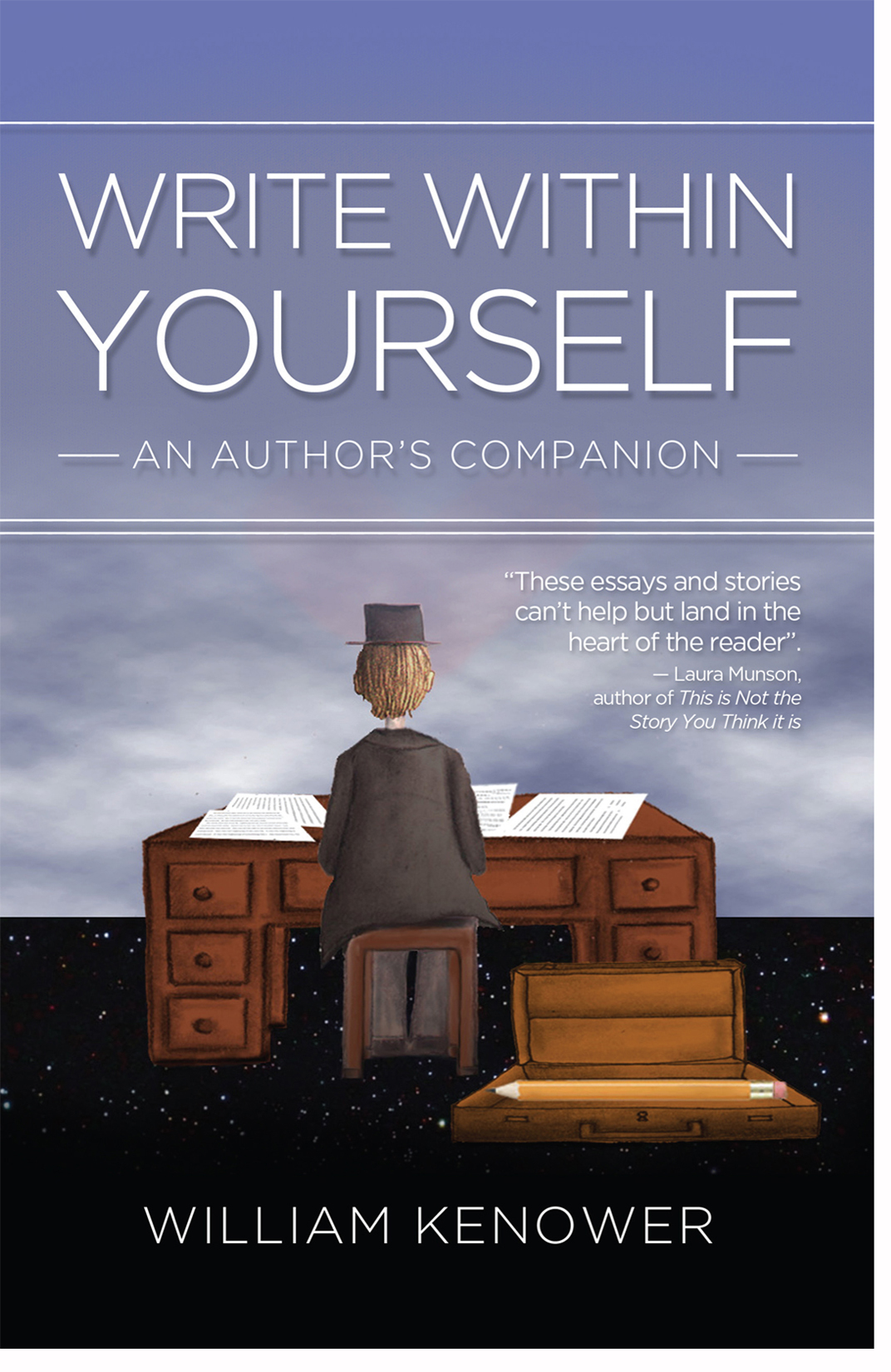How to Make Money as a Writer
When I was seventeen I had a job cutting a neighbor’s lawn. It wasn’t a bad way to spend thirty minutes: I got to be alone and I could daydream, which at that time was more or less a fulltime occupation. This job paid me ten dollars every other week. Even in the summer of 1982, that wasn’t a lot of money. Still, it was nice to have the cash, though I often didn’t know what to do with it. When I was done spending it on video games or McDonald’s, I felt as if I had just thrown it away. That same year the band Pink Floyd released The Final Cut, their first album after The Wall. The Wall had turned me into a devoted Pink Floyd fan. I’d bought nearly everything they’d released, even the very early formative stuff. On the day The Final Cut hit the shelves, I raced to a record store, glad to have something useful to do with this money. Even though it wasn’t as good as The Wall, I did not feel as though I had thrown the money away. What I got from music and books lasted longer in me than food or the brief high of video games.
When I was forty-two, I began a new career. I had spent the last twenty years waiting tables and writing fiction that I had no luck selling. I had become very interested in what is commonly called spirituality, particularly how it related to creativity and writing. I was far more interested in this subject than I had been in any of those novels I tried to sell. I couldn’t stop thinking about it. I thought about it when I ran, when I showered, and when I did the dishes. To me it was like a question whose answers always brought better and more interesting questions.
In short, I loved it. The problem, I had to admit, was that I had no idea how to make money sharing it. I had only ever made money by chopping wood, whether mowing lawns or serving steaks. I had never been paid for what I would happily do for free. At that time, being paid for what I loved seemed no more real than those daydreams through which I would float as a teenager. I knew how to write, and I knew how to speak to groups; now I would have to learn how to be paid for it.
Seven years later I found myself standing behind a podium in a conference hall delivering a thirty-minute keynote speech to eight hundred writers. How did I get there? I suppose it had something to do with blogs I had written, or interviews I had done, and classes I had taught, but in truth the most important thing I had done was to focus every day on how much I valued what I wanted to share. People pay for what they value. The more clearly I perceived the value of what I was writing about, the more clearly others could perceive it as well.
If you want to make money as a writer, put all your attention on how much you value the story you’re telling. If you want to research markets, fine; if you want to improve your craft, fine. But none of that will help if you do not perceive the value of your story or poem or essay while it grows in a garden no one else can see. Somewhere out there are readers who are just as eager as I had been with The Final Cut to trade their money for what they will find in your story. But first you must know the value of what you love, independent of anyone else’s opinion, know it as you know how much you love the stories you buy; and what might have once seemed like a dream will grow inevitably into reality.
Write Within Yourself: An Author's Companion.
"A book to keep nearby whenever your writer's spirit needs feeding." Deb Caletti.
You can find Bill at: williamkenower.com


